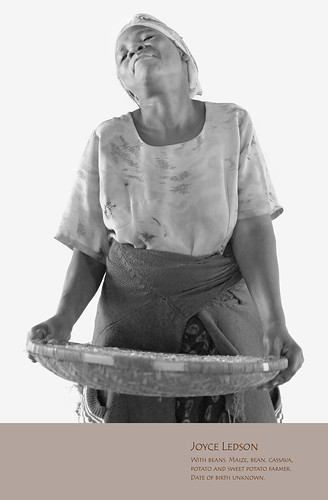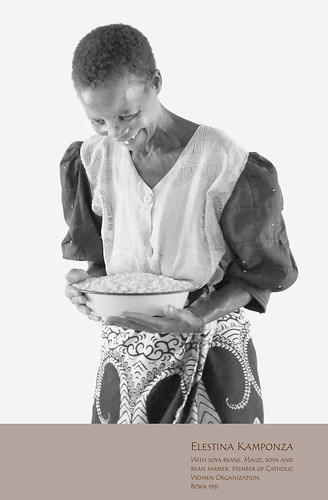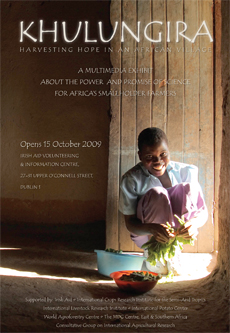Not to be missed is an inspired, and inspiring, 20-minute TED Talk by one of America's most famous cooks, New York's Dan Barber.
How I Fell in Love with a Fish is a presentation not for the 'self-righteous goody-two-shoes foodie,' says Barber (although he immediately confesses that, as a passionate chef and environmentalist, he is one). Rather, this is an instructive tale of how he fell out of love with one fish and into love with another, and the reasons for that, plus much else about our food systems.
His second (fishy) love affair takes place in Veta La Palma, a 27,000-acre totally self-sustaining fish farm in southwestern Spain that had formerly been a beef ranch and before that a wetlands. The owners of this fish farm reflooded the land, restoring the wetlands ecosystem, and began operating in radically sustainable ways. This farm doesn't feed its animals (fish); it measures its success not by how much fish it produces but rather by the health of its predators (birds); and, as a spill-over benefit, it serves the region as a water purification plant.
This fish farm / love story is, says Barber, a recipe for the future of good food. 'What we need,' says Barber, 'is a radically new conception of agriculture, one in which the food actually tastes good.'
And for those of you who may be wondering about where he stands on global food security, Barber does get to the question (which he admits he 'doesn't love'): 'But how we can feed the world'.
'Our current agro-business business plan is one in liquidation,' he cautions, because it is a business 'that is quickly eroding the ecological capital that makes that very production possible. . . . Our breadbaskets are threatened today not because of diminishing supply but because of diminishing resources.'
Barber answers the question 'How can we feed the world' with another, 'How can we create conditions for every community feeding itself?'
He answers, 'To do that, don't look at the agro-business model for the future. It's really old and its tired. It's high on capital, chemistry and machines. And it's never produced anything really good to eat. Look to farms that restore instead of deplete. Farms that farm extensively instead of just intensively. Farmers that are not just producers but are experts in relationships.'
To that end, we might look to many of the world's billion-plus small-scale farmers in developing countries who are ambitious to practice neither the unhealthy factory-farming of the rich nor the grinding subsistence farming of the poor.
This is what scientists at the International Livestock Research Institute (ILRI) and its research, development and agricultural partners are calling a 'third way' for the future of animal agriculture and mixed crop-and-livestock farming. This is an agriculture that would manage to feed the world while helping the world's 'bottom billion' climb out of hunger and poverty. Such a 'third way' of agriculture would feed both human nutrition and ambition in ways that build their livestock and other assets while conserving, not merely extracting, the Earth's remaining, land, water, air and other natural resources.
More . . . ('No simple solutions to livestock and climate change', opinion piece by ILRI Director General Carlos Seré published in SciDevNet, 10 November 2009)








